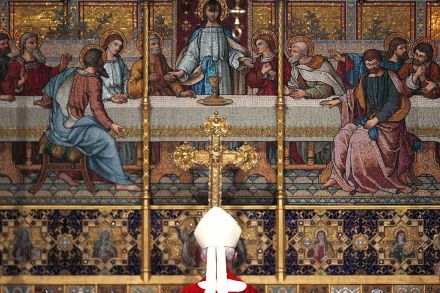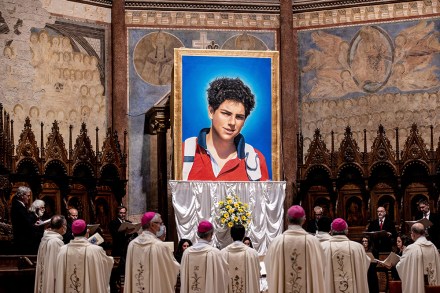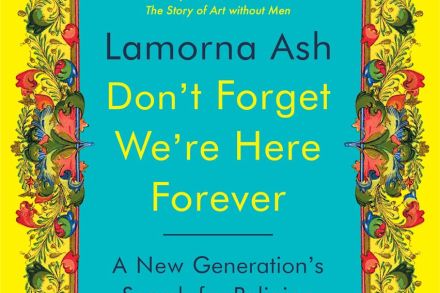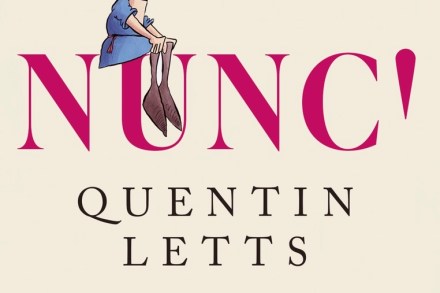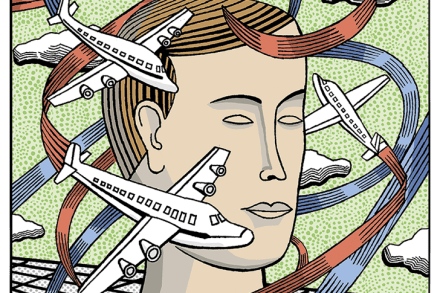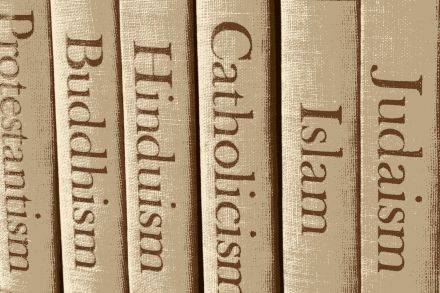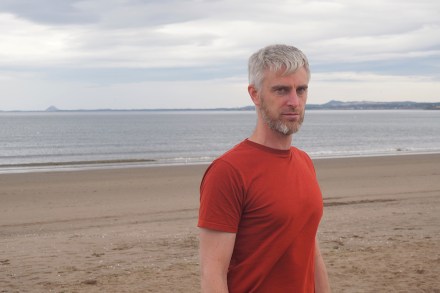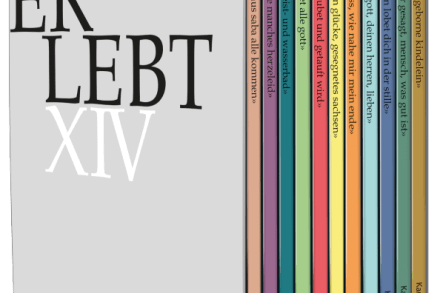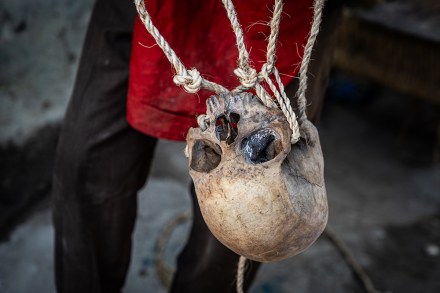This is a dangerous moment for free speech
Britain without blasphemy laws is a surprisingly recent development. Blasphemy was abolished as a common law offence in England and Wales only in 2008 and in Scotland in 2021. But that was the final burial of a law dead for much longer. The last execution for the crime was in 1697; the last imprisonment in 1921; and the last successful trial in 1977 – Mary Whitehouse’s prosecution of Gay News for publishing a poem about a centurion’s rape of Christ’s corpse. Even if 11 local councils banned Monty Python’s Life of Brian two years later, the trend since has been towards trusting that the Almighty is big enough to fend


